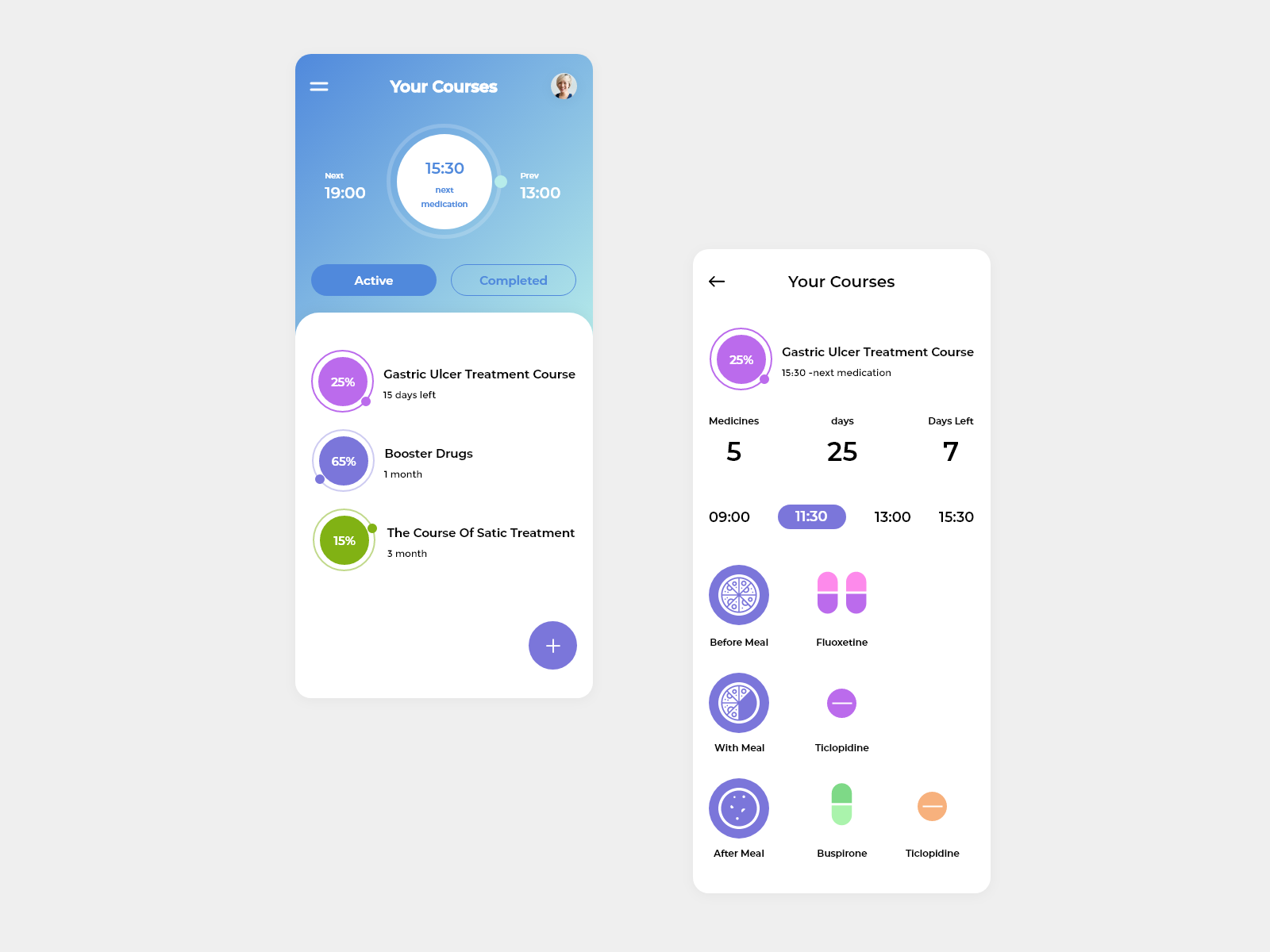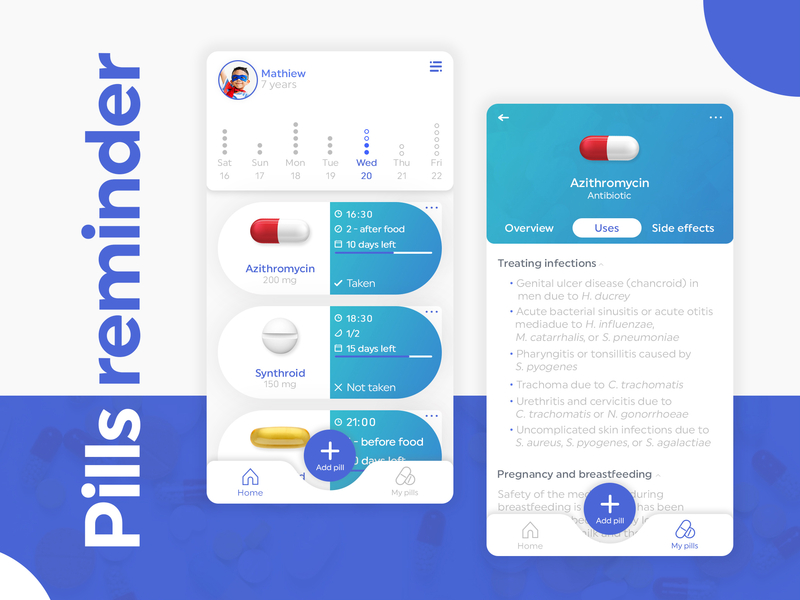

However, she said there are 272 medication-reminder apps available to patients and it is difficult to know whether they are effective. ‘Taking medication is the most evidence-based thing somebody can do to help prevent them having further heart attacks.’Īssociate Professor Redfern, who is from the University of Sydney’s Westmead Applied Research Centre, said researchers hope the study results will help in preventing heart attacks. ‘Patients with coronary heart disease can become overwhelmed with the amount of pills they are taking, as they are often prescribed up to four different types of medication, which need to be taken sometimes up to three times a day. ‘We typically know people with coronary heart disease, after they leave hospital, tend to drop off in terms of their medical adherence, usually down to around 40%,’ Associate Professor Redfern told newsGP. Researchers also compared the use of basic apps, with one-time reminder alarms, to those with more advanced features.Īccording to senior author Associate Professor Julie Redfern, the researchers essentially wanted to determine whether using the app improved people’s medication adherence.

The primary analysis compared usual care versus app use. The patients’ were divided into three groups: usual care, those using a basic app, and an advanced app with interactive/customisable features. Published in Heart, the National Heart Foundation-funded study compared the medication usage of 160 predominately male patients with a mean age of 57.9 years over a three-month randomised trial. High-quality smart phone medication-reminder apps could help coronary heart disease patients keep on top of their medication, new University of Sydney research has shown. New research from the University of Sydney shows mobile phone apps could potentially save lives by helping people experiencing coronary heart disease with their medication adherence.ĭom Vitetta says using a smart phone medication-reminder app has helped him with his medication, especially while travelling.


 0 kommentar(er)
0 kommentar(er)
